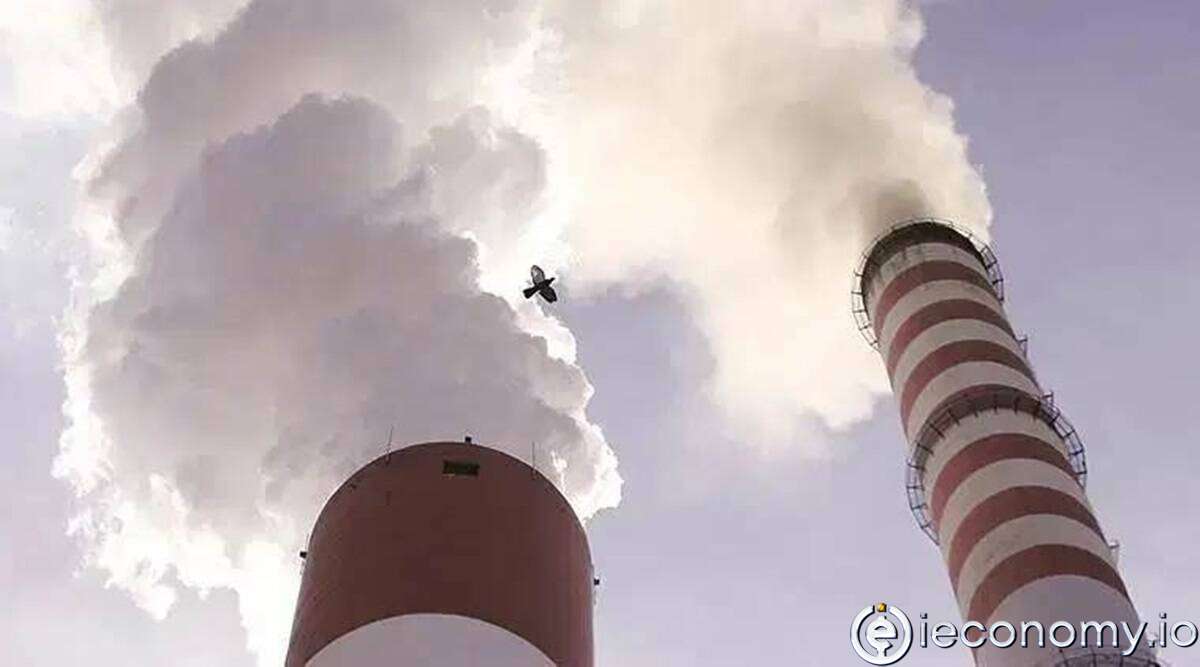9415
0
China criticizes the introduction of a carbon tax in the EU
China criticizes the introduction of a carbon tax in the EU. China will be hit hard by the introduction of CO2 tariffs in Europe.

Yazar: Tom Roberts
Yayınlanma: 26 Temmuz 2021 15:08
Güncellenme: 21 Şubat 2026 17:53
China criticizes the introduction of a carbon tax in the EU
China said on Monday that the European Union's (EU) plan to introduce a first carbon tax at the border would extend climate problems to trade, which was contrary to international principles and would damage the prospects for economic growth. This month, the European Commission outlined plans to introduce a Carbon Border Adjustment Mechanism (CBAM) or a carbon dioxide (CO2) rate from 2026. This will force importers of some products, such as steel, to pay a so-called carbon tax at the EU's borders. "CBAM is essentially a unilateral measure that will spread climate change challenges to the business sector. It violates World Trade Organization (WTO) principles and will seriously undermine mutual trust in the global community and the prospects for economic growth," said Liu Jou-pin, a spokesman for China. Ministry of Ecology and the Environment at the briefing. He reiterated China's view that each country's response to climate change should take into account its level of economic development, adding that tariffs on CO2 would seriously damage countries' willingness and ability to address the issue. China, one of the world's largest producers of industrial raw materials such as steel and cement, will be hit hard by the introduction of CO2 tariffs in Europe. But according to some experts, this "effect" will ease over time and there is no evidence that a carbon tax should have a long-term adverse effect on China's development. It could also encourage Beijing to include carbon prices in its national emissions trading scheme, with EU prices as a reference. China's long-awaited emissions trading scheme has recorded a record 4.83 million tonnes since its launch on 16 July at an average price of 51.7 yuan (6.78 euros) per tonne. By comparison, in the EU it is more than 50 euros per tonne.İLGİLİ HABERLER





European stocks soared and focus shifted to German retail sales after Powell's speech!

Forex Signal For TRY/USD: Inflation Slowdown in November.

Forex Signal For GBP/USD: Bullish Trend Still Not Breaking While Recovery Continues.

Forex Signal For EUR/USD: Starry US Data Points to Higher Fed Increases.

Forex Signal For BTC/USD: Downside Continues as Bitcoin Recovery Moves Less.
En Popüler Haberler
Yorum Yap
Yorumlar
Henüz yorum yapan yok! İlk yorumu siz yapın...